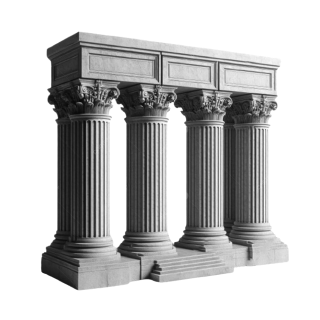This fascinating, atmospheric Shiva temple, 8km northeast of Mt Abu in Achalgarh (off the road to Guru Shikhar), boasts a number of diverting features, including what’s said to be a toe of Shiva, as well as Nandi (Shiva’s bull) made of five metals. Where the lingam (phallic image of Shiva) would normally be there’s a deep hole, believed by devotees to extend all the way down to the underworld.
Just outside the temple, beside the car park, three stone buffaloes stand around a tank, while the figure of a king shoots at them with his bow and arrows. A legend tells that the tank was once filled with ghee, but demons, in the form of the buffaloes, arrived from the skies to pollute the holy ghee – until, that is, the king managed to shoot them.
A path leads up the hilltop to a group of colourful Jain temples, which have fantastic views out over the plains. The RSRTC tour from Mt Abu visits the Shiva temple, but doesn’t allow time to climb the hill.















